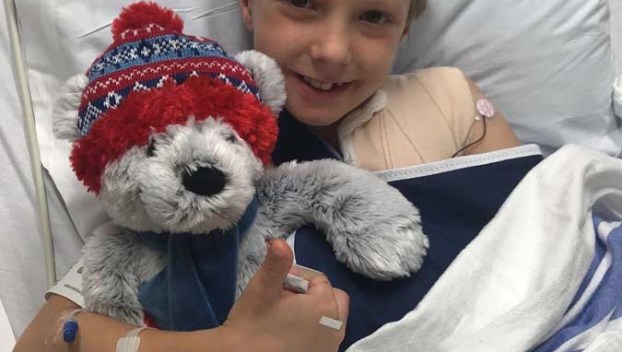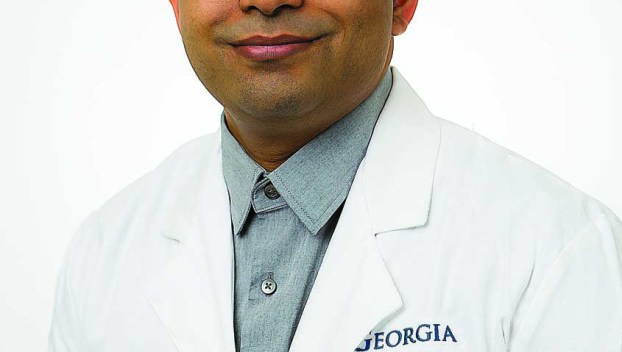
News
CUMBERLAND, Md. – After surviving three open heart surgeries, six cardiac catheterizations, five blood clots, and a deadly disease, Seth ... Read more
News
If you’re at home with a positive COVID-19 diagnosis, you may be wondering what, exactly, you should be ... Read more

Local News
MOULTRIE, Ga. — Last September, the Smith family of Moultrie was enjoying a Sunday outing at Wild ... Read more

Local News
MOULTRIE, Ga. — Dr. Theja Lanka likes variety. Whether it’s his living environment or his working environment, “I’ve ... Read more




